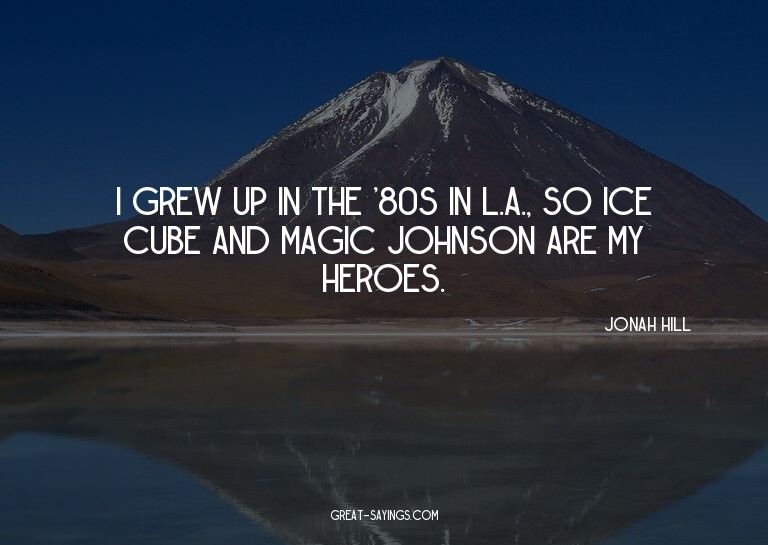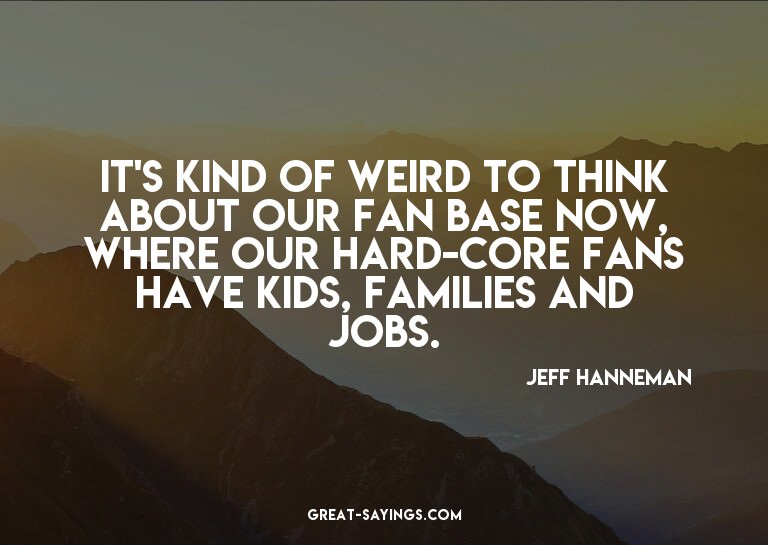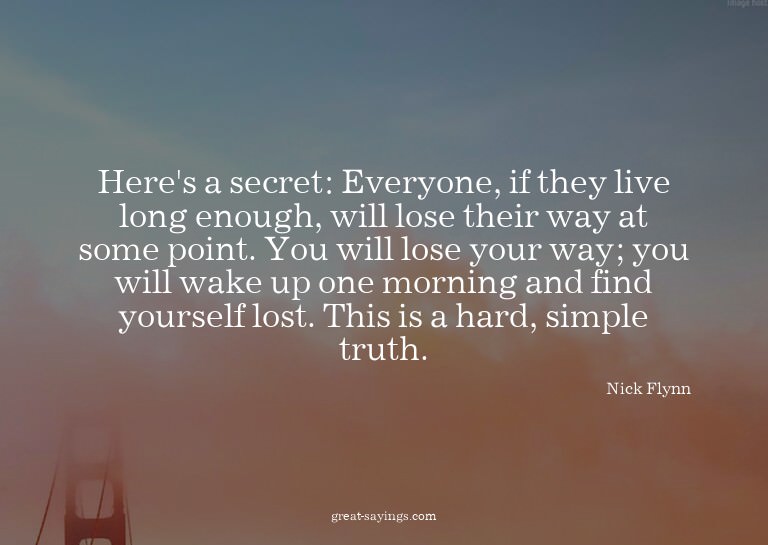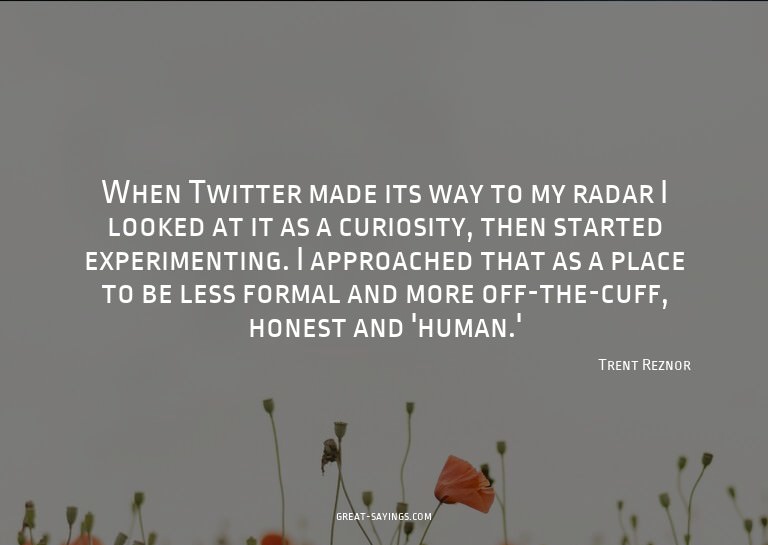The cosmos is three times as old as Earth. During most of creation’s 14 billion year history, our solar system wasn’t around. Nonetheless, the early universe still had the right stuff for life, and contained worlds that were just as suitable for spawning biology and intelligence as our own.
Mars still remains the astrobiology community’s number one choice for ‘nearest rock with life,’ but there are many researchers who argue that the moons of Jupiter are better bets. In particular, Europa, Ganymede, and Callisto are all thought to hide vast oceans of liquid water beneath their icy, outer skins.
Three-fourths of the universe is hydrogen, and oxygen is incredibly abundant, too. So H2O is something you can find nearly everywhere.
The space elevator’s not just another competitive technology, promoted by people who simply like the idea of diminishing the luster of the thrusters. It would open wide the doors to space.
It seems obvious that if a species has the brainpower for speech, along with the sort of appendages that can manipulate a pair of pliers, it will eventually blunder into science, technology, and radio.
The limitless content of our universe might be only one instance of a large (and possibly infinite) number of other universes.
The idea of close encounters of the zero’th kind – which is to say, not a close encounter at all, but simply uncovering evidence that someone’s out there – dates back to the Victorian era.
Thanks to the fact that the Earth isn’t a perfect sphere, and invoking a bunch of Newtonian physics, you can deduce that our planet wobbles, too, taking roughly 26,000 years to trace out a small circle on the sky, a phenomenon known as precession.
Heads are a good deal, and I think they would be a common feature. It’s hard to think of species that don’t have heads, although there are some. It’s good to have a head because it puts some of the sensory organs – eyes, ears, whiskers or whatever – next to the CPU, the brain.
Once typecast as the indispensable altarpiece of a well-appointed living room, TVs have infected every human environment. The average American household has more television sets than people.
Even if the Moon didn’t exist – even if it had been vaporized billions of years ago by cantankerous Klingons – there would still be (somewhat lower) tides raised by the Sun. For creatures dependent on the oceans’ ebb and flow, life could go on.
The fact that we can’t easily foresee clues that would betray an intelligence a million millennia farther down the road suggests that we’re like ants trying to discover humans. Ask yourself: Would ants ever recognize houses, cars, or fire hydrants as the work of advanced biology?
Ever since the infamous quiz show scandals of the 1950s, the feds had insisted that TV game shows be honest – or that at least they didn’t cheat. So as a ‘Dating Game’ bachelor, I didn’t know what I was going to be asked. The other bachelors and I were required to concoct our answers in real time.
Very few societies on Earth developed science as we know it today. On the other hand, the number is not zero – the Greeks, the Chinese, and the Maya did, among others. Once invented, science proved so useful that it spread like mold on a petri dish.
We can never prove that we’re alone in the universe. But the Allen Telescope Array could prove that we’re not.
The longtime standard for American TV was 525 lines from top to bottom of the image. As a practical matter, that was roughly equivalent to 350 thousand pixels – pretty crude, given that photos made with your iPhone boast five million pixels.
The principal reason for the universe’s poker face is that its constituents are far away. Stars careen through space, and galaxies spin at speeds thousands of times faster than a jet plane. But given their distance, you’d need the patience of Job to notice much change in their appearance or position.
If aliens are really hanging out in our ‘hood, it’s hard to imagine any other fact more worthy of study. If not, then why does such a large fraction of the populace insist on believing they’re here?
I think there’s a lot of intelligence out there, but that’s just my guess. Question is: Are they peaceable or hostile? You could say that the peaceable ones are just going to stay at home and play with their Nintendos, so if you do meet any of them, they might be hostile.
I studied Latin in high school, and I was reading stuff from Cicero. And that signal took a few thousand years to get to me. But I was still interested in what he had to say.
If the cosmos isn’t finite, then far, far away, floating duplicates of your brain – with all its experiences, thoughts, and emotions – are occasionally (and temporarily) thrown together by the random combining of atoms. Such ‘Boltzmann brains,’ as they’re called, are a disturbing consequence of an unlimited universe.
When I graduated high school, nearly a half-million people subscribed to ‘Popular Electronics’ magazine. Soldering up some radio or hi-fi amplifier on the basement workbench was not just a personal passion – a lot of young people were doing the same. The magazine expired in 1999 for lack of interest.
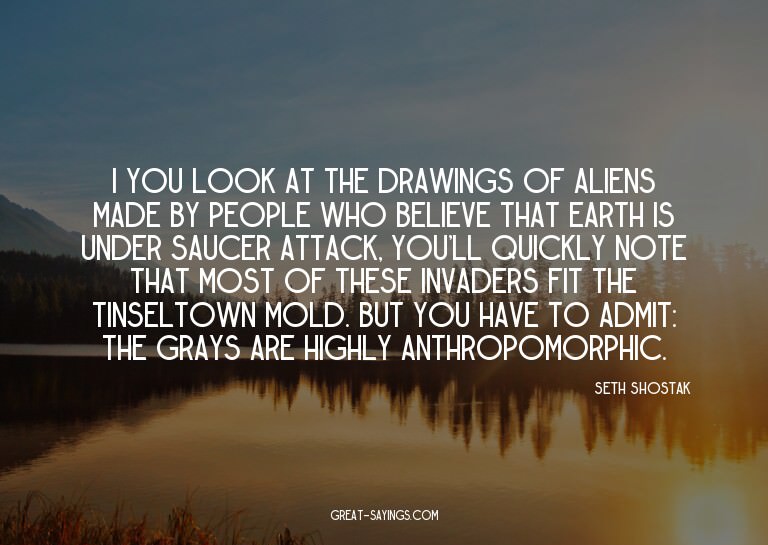
I you look at the drawings of aliens made by people who believe that Earth is under saucer attack, you’ll quickly note that most of these invaders fit the Tinseltown mold. But you have to admit: the grays are highly anthropomorphic.
By 2020, most home computers will have the computing power of a human brain. That doesn’t mean that they are brains, but it means that in terms of raw processing, they can process bits as fast as a brain can. So the question is, how far behind that is the development of a machine that’s as smart as we are?
Virtually any pointed edifice is considered a candidate for alien engineering. After all, how could the Egyptians or Mayans have possibly stacked up stone blocks into pyramids?
I think a lot of kids are interested in two science subjects: dinosaurs and aliens. The reason is almost genetic; we’re hard-wired to be interested in things that might be a little dangerous.
Most of the intelligence out there must be artificial intelligence. We keep looking for critters like us living on a planet like ours, where in fact the majority of the intelligence out there is not biological. That would be my argument.
Estimates are that at least 70 per cent of all stars are accompanied by planets, and since the latter can occur in systems rather than as individuals (think of our own solar system), the number of planets in the Milky Way galaxy is of order one trillion.
If you could drive straight down, into a tunnel bored through the crust of the planet, you’d hit this molten mess in about an hour. It’s called the asthenosphere – a sluggish sea, several hundred miles thick, on which floats the Earth’s cool epidermis – the so-called tectonic plates.
We haven’t yet found a speck of evidence for biology on another world, so we have no objective way to judge whether life is a onetime fluke or a near-inevitable phenomenon.
Any society that could come here could pick up the lights from New York. What should we do about that? Should we darken New York from now until the last human expires? Would we want to turn off all the radars at JFK airport?
While I have always thought that the motivation for looking for E.T. was both self-evident and patently worthy, it’s possible that I’m a victim of my own job description. Others don’t inevitably agree. Some will opine that there are better ways to spend the money.
While human space travel is daunting, machines – with their indefinitely long lifetimes – could travel the galaxy. It might make little difference to them that bridging the distance from one star to the next could take hundreds of thousands of years or more.
The overwhelming bulk of the cosmos is deathly quiet. But here and there – on worlds where matter is thick and conditions are right – noises are commonplace. And in some cases, these noisy worlds may ring with the sounds of life – the bleats and bellows of creatures we have never seen, but may someday discover.
Since the Renaissance, a concept called ‘progress’ has been baked into our society. Progress – founded on an accumulation of knowledge through experience (and in the case of science, through experiment). To build on the past rather than endlessly relive it. That’s what separates us from the beasts.
In the 19th century, if you had a basement lab, you could make major scientific discoveries in your own home. Right? Because there was all this science just lying around waiting for somebody to pick it up.
Admittedly, it would take industrial-grade chutzpah and a massive dose of malevolence for anyone to bulldoze the spot where Neil Armstrong stepped off the Eagle lander. But even innocent visits could be damaging.
Humans have existed only for the last 0.001 percent of cosmic time. All of which says that – unless the Homo sapiens brain is the one-and-only instance of cogitating machinery – nearly all the intelligence that’s out there is beyond our level. And that intelligence is more than just a little bit beyond.
Planets that don’t currently sport plate tectonics, such as Venus and Mars, are scarcely habitable. Tectonics might be a requirement of any world that aspires to a rich diversity of life.
People don’t learn science in movies. You don’t go to the movies thinking, ‘I hope I learn some quantum mechanics this afternoon.’ But on the other hand, movies are instrumental and influential in getting young people interested in science.
Pages: 1 2



